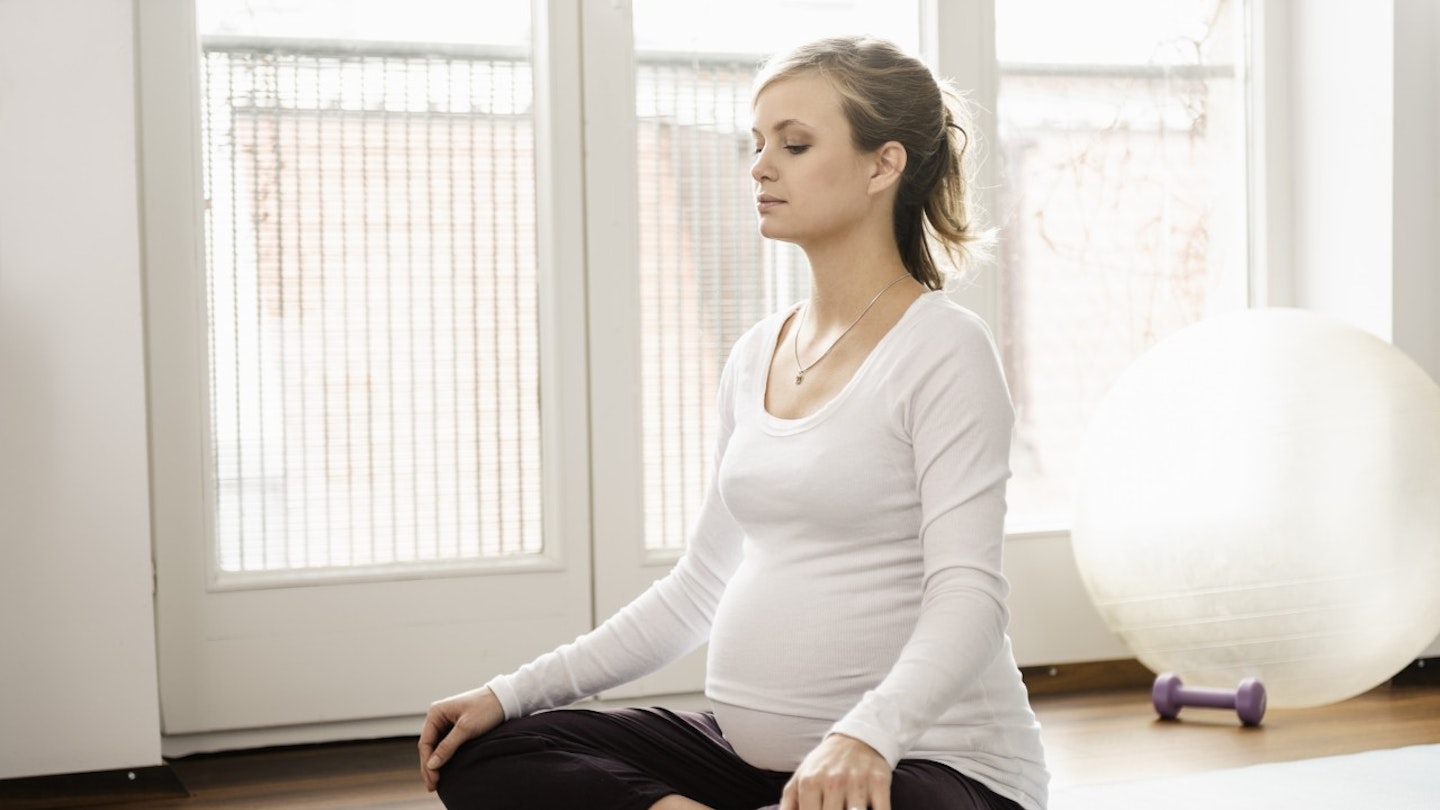Strike up that mountain pose – yoga could be the answer to your pregnancy stress problems
Research has shown that yoga can help reduce the risk of pregnant women developing anxiety and depression.
In the first study of the effects of yoga on pregnant women, academics from Manchester and Newcastle Universities looked at 59 women who were pregnant for the first time and asked them to self-report their emotional state.
Some of the women took part in one yoga session a week for eight weeks, while the others just had normal pre-natal treatment.
The results, published today in the journal Depression and Anxiety and funded by Tommy’s, found that the women who attended the weekly yoga class had decreased anxiety scores compared to the women who didn’t. Just one session of yoga was found to reduce anxiety by one-third and stress hormone levels by 14 per cent.
Research has shown that yoga can help reduce the risk of pregnant women developing anxiety and depression
‘Yoga incorporates relaxation and breathing techniques with postures that can be adapted for pregnant women,’ says Professor John Aplin, one of the study’s senior researchers. ‘Many women opt to practice yoga during their pregnancy but this is the first worldwide report on the effects of both single and multiple sessions of antenatal yoga on mood.
‘Perhaps we should be looking at providing yoga classes on the NHS. It would be relatively cheap to implement, could help mothers and their children be healthier, as well as reducing the costs of longer term health care.’
You can try our free prenatal yoga video tutorial here.
What do you do to relieve stress? Let us know in the comments box below.
